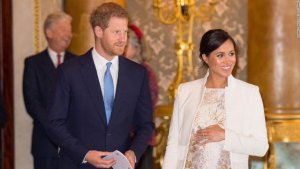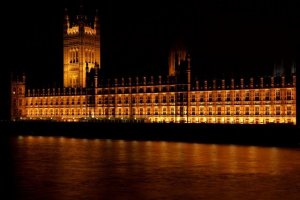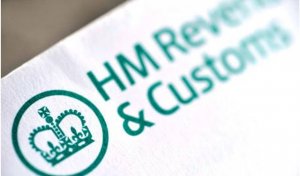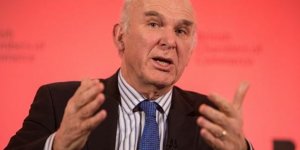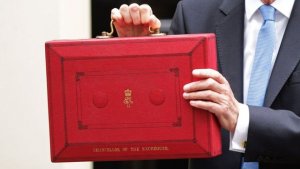- Private Wealth
- Tax & Estate Planning
- Trusts

Shorter Reads
Careful estate planning can save you a princely sum
1 minute read
Published 15 October 2018
Key information
- Services
- Private Wealth
- Tax & Estate Planning
- Trusts
Whilst the focus on today’s news should of course be on congratulating the happy parents-to-be, it is also a good opportunity to consider the impact of mixed domicile marriages on estate planning.
The question of Megan’s domicile remains an open one, depending on the extent to which one considers marrying into the Royal Family an intention to be closely connected to the United Kingdom. Whilst their children will be UK domiciled under UK law (because, generally speaking, domicile of origin reflects the domicile of the father), Megan could find herself with a different domicile to that of her children.
For couple in a similar scenario, this can have a significant impact on estate planning opportunities, for example, UK domiciled spouses only have a limited spouse exemption when passing assets to their non-UK domiciled spouse. It may also mean navigating the choppy waters of double taxation relief as more than one jurisdiction seeks to claim taxing rights over the same assets.
One expects that the couple will not be lacking in professional advisors, however. It is also worth remembering as well that Megan will become deemed UK domiciled for IHT (as well as all other UK taxes) after she has been resident for 15 out of the last 20 UK tax years. This will cause many of the UK estate planning complexities to fall away, albeit that it may bring with it a host of other matters to consider.
Shorter Reads
Careful estate planning can save you a princely sum
Published 15 October 2018
Associated sectors / services
Authors
Whilst the focus on today’s news should of course be on congratulating the happy parents-to-be, it is also a good opportunity to consider the impact of mixed domicile marriages on estate planning.
The question of Megan’s domicile remains an open one, depending on the extent to which one considers marrying into the Royal Family an intention to be closely connected to the United Kingdom. Whilst their children will be UK domiciled under UK law (because, generally speaking, domicile of origin reflects the domicile of the father), Megan could find herself with a different domicile to that of her children.
For couple in a similar scenario, this can have a significant impact on estate planning opportunities, for example, UK domiciled spouses only have a limited spouse exemption when passing assets to their non-UK domiciled spouse. It may also mean navigating the choppy waters of double taxation relief as more than one jurisdiction seeks to claim taxing rights over the same assets.
One expects that the couple will not be lacking in professional advisors, however. It is also worth remembering as well that Megan will become deemed UK domiciled for IHT (as well as all other UK taxes) after she has been resident for 15 out of the last 20 UK tax years. This will cause many of the UK estate planning complexities to fall away, albeit that it may bring with it a host of other matters to consider.
Associated sectors / services
- Private Wealth
- Tax & Estate Planning
- Trusts
Authors
Need some more information? Make an enquiry below.
Subscribe
Please add your details and your areas of interest below
Article contributor
Aidan
GrantSenior Associate
Specialising in International trusts, tax & estate planning, Private wealth, UK trusts, tax & estate planning and US/UK Tax & estate planning
Enjoy reading our articles? why not subscribe to notifications so you’ll never miss one?
Subscribe to our articlesMessage us on WhatsApp (calling not available)
Please note that Collyer Bristow provides this service during office hours for general information and enquiries only and that no legal or other professional advice will be provided over the WhatsApp platform. Please also note that if you choose to use this platform your personal data is likely to be processed outside the UK and EEA, including in the US. Appropriate legal or other professional opinion should be taken before taking or omitting to take any action in respect of any specific problem. Collyer Bristow LLP accepts no liability for any loss or damage which may arise from reliance on information provided. All information will be deleted immediately upon completion of a conversation.
Close










































